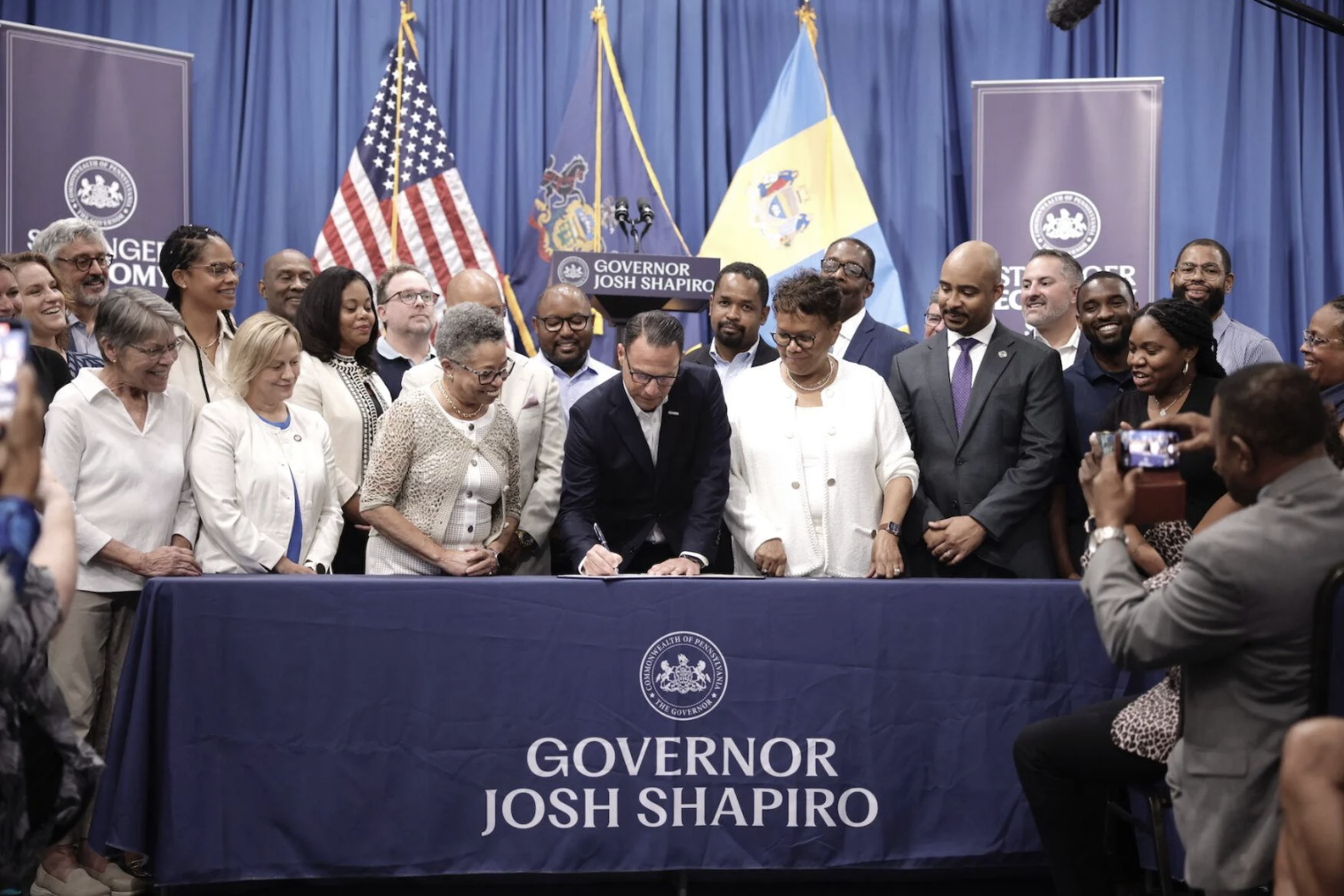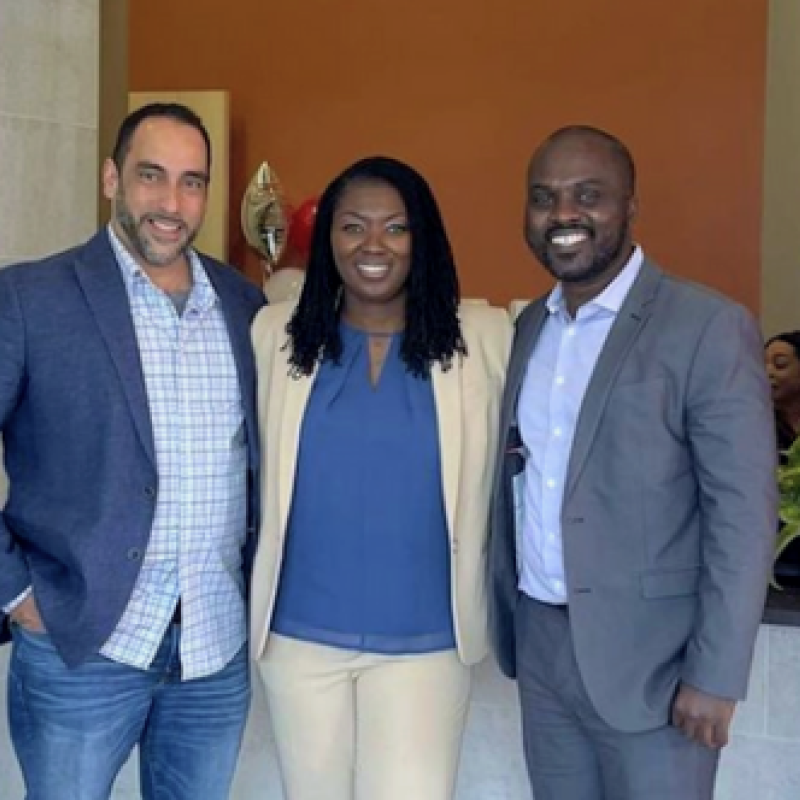Shapiro’s latest executive order looks to grow small, diverse business contracts

Media Outlet
Eric Scicchitano
PHILADELPHIA — A new executive order from Pennsylvania Gov. Josh Shapiro intends to give small businesses and small diverse businesses more opportunities to secure lucrative state contracts.
State contracts awarded to small businesses including those led by minorities and women rose under Shapiro’s predecessor, former governor Tom Wolf, whose own executive order helped such awards grow from 4.9% of all state contracts in 2015 to 11.3% in 2023, according to the Shapiro Administration.
Changes to be initiated by Shapiro’s order — the 18th order of his term, so far — look to foster further progress.
The Department of General Services, led by Secretary Reggie McNeil, is tasked to coordinate with other commonwealth agencies to “increase their total operational spend and participation in the Commonwealth’s Small Business Reserve (SBR) program, foster more competitive procurement, and increase the amount of money that goes into the hands of small and small diverse businesses.”
The results will be publicly visible. Shapiro ordered data on contract awards within the program to be posted and updated every six months.
Shapiro noted how Maryland, a state with a population less than half of Pennsylvania’s, dedicates $448 million of its prime contracts to small and diverse businesses.
In Pennsylvania, he said the figure totals $42 million.
“We are missing opportunities to incorporate small businesses into our shared prosperity,” Shapiro said at a press conference at a business incubator, The Enterprise Center, in Philadelphia.
Under the order, revenue limits for small businesses would rise from $38.5 million to $47 million, broadening which firms would qualify. A new methodology for determining that limit in the future is under development.
Lastly, the order creates the Pennsylvania Advisory Council for Inclusive Procurement. Chaired by Lt. Gov. Austin Davis and including McNeil and PennDOT Secretary Mike Carroll as vice chairs, the council will serve in an advisory role to guide commonwealth agencies in making their contracting opportunities more inclusive of small businesses — which Shapiro said makes up 99% of all businesses in Pennsylvania.
McNeil said during the press conference that his agency led 18 events and engaged nearly 800 small businesses across the state to collect feedback on how to improve the state contracting climate for small businesses.
There is a change Shapiro advocated that can’t be made by an executive order. He called on lawmakers in the Pennsylvania General Assembly to amend existing law to raise the employee cap for being designated as a small business. Pennsylvania’s cap is 100. Shapiro seeks to raise it to 500 and match federal guidelines.
“This is what this place was built for,” said Della Clark, president of The Enterprise Center, before turning her attention to the entrepreneurs in the room. She said she hopes to change how prosperous communities routinely benefit from “investment capital” while low-income communities receive “program dollars” from the government.
“We know what it takes for you to succeed. It takes contracts, it takes capital and it takes resources for you to be able to build capacity to be successful,” she said.











